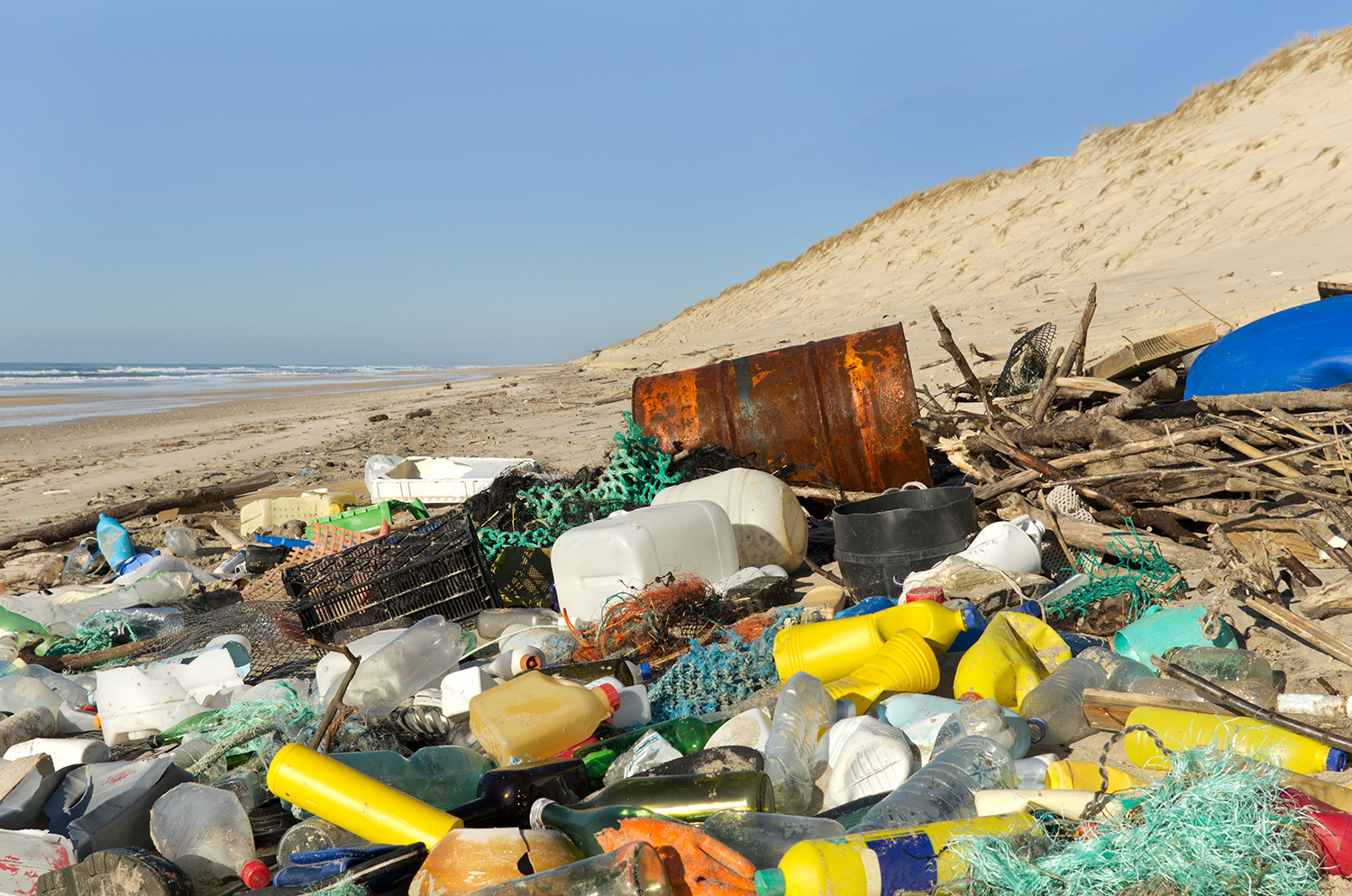With the immense popularity of Attenborough’s ‘Blue Planet’ series we were not surprised how quickly our television channels became flooded with similar programmes that brought attention to the severity of plastic pollution within our oceans. So shocking were the scenes portrayed in the documentary many felt it was time we dealt with the issue head on, and the British government ring-fenced £61.4m[1] to fight the rising tide of plastic in our waters, with Prime Minister Teresa May calling upon other Commonwealth leaders to play their part and help developing nations establish proper waste management systems. A significant move in the right direction Teresa also addressed the problem before a meeting with the Commonwealth Heads of Government saying:
As one of the most significant environmental challenges facing the world today, it is vital that we tackle this issue, so that future generations can enjoy a natural environment that is healthier than we currently find it. The UK public has shown passion and energy in the fight against plastic waste…’
T. May, April 2018

‘Single-use’ takes the crown
Each year the Collins Dictionary sets their lexicographers to work to identify language that may not necessarily be new but has become of notable importance, and with the huge shift in attitudes surrounding the environment over the past couple of years it was only a matter of time that ‘single-use’ became their chosen word of the year. As of late we have been witness to a tax on plastic bags, benefits forthose who arrive in store with their own reusable coffee cups and the shelves in our local supermarkets moving towards much more planet-friendly, recyclable packaging all in a bid to follow a much more sustainable way of living to help reverse some of the effects our mass consumption of plastic has already caused.
Restaurants have stopped offering plastic straws, and we’re seeing more recycling bins than ever before pop up and quite frankly, we couldn’t be happier. The nation really is getting behind waste minimisation, but it is up to us all to change our purchasing habits and stop buying single-use items when there are so many fantastic multiple-use alternatives out there.
Where we come in
Our goal is to help educate around the issue of plastic pollution in the UK whilst reducing the creation of single-use products, which is why all Life’s a Beach products have been made with multiple-use in mind. They will fit seamlessly into your day-to-day life whilst reducing your single-use consumption, and with a number of products to choose from including our bamboo coffee cups (that you can recycle in compostable waste after many years of use) and water bottle range there is sure to be one that suits you. You can find out more about the whole Life’s a Beach range by checking out this blog post.
You can find all our Life’s a Beach products in ProCook stores across the country, online and on the ProCook Amazon store.
References
[1] Mare, T. D. L., 2018. Government promises £61m to tackle scourge of ocean plastic pollution with Commonwealth nations. The Independent, [online] Available at: <https://www.independent.co.uk/environment/theresa-may-commonwealth-plastic-climate-change-ocean-pollution-david-attenborough-blue-planet-a8305721.html> [Accessed 14th November 2018]
